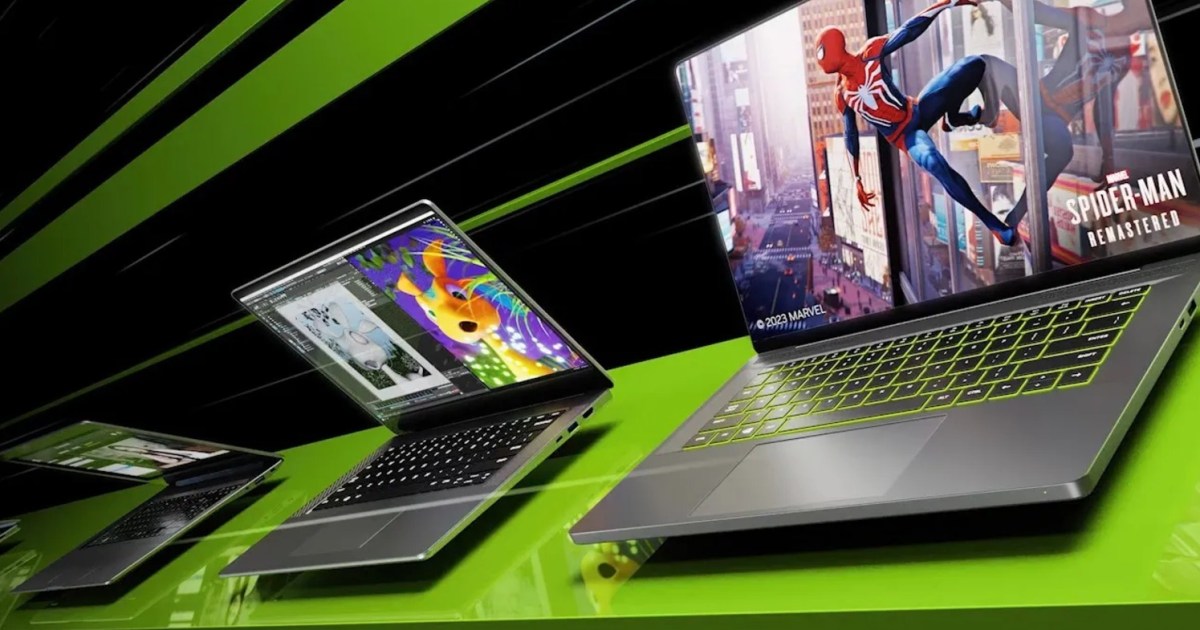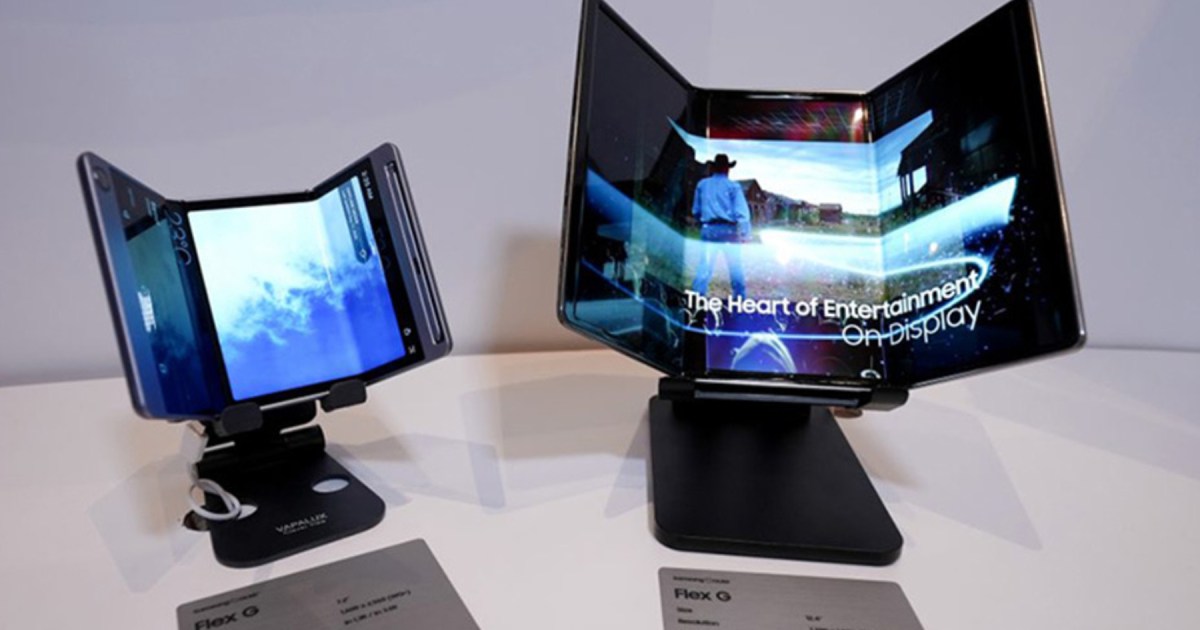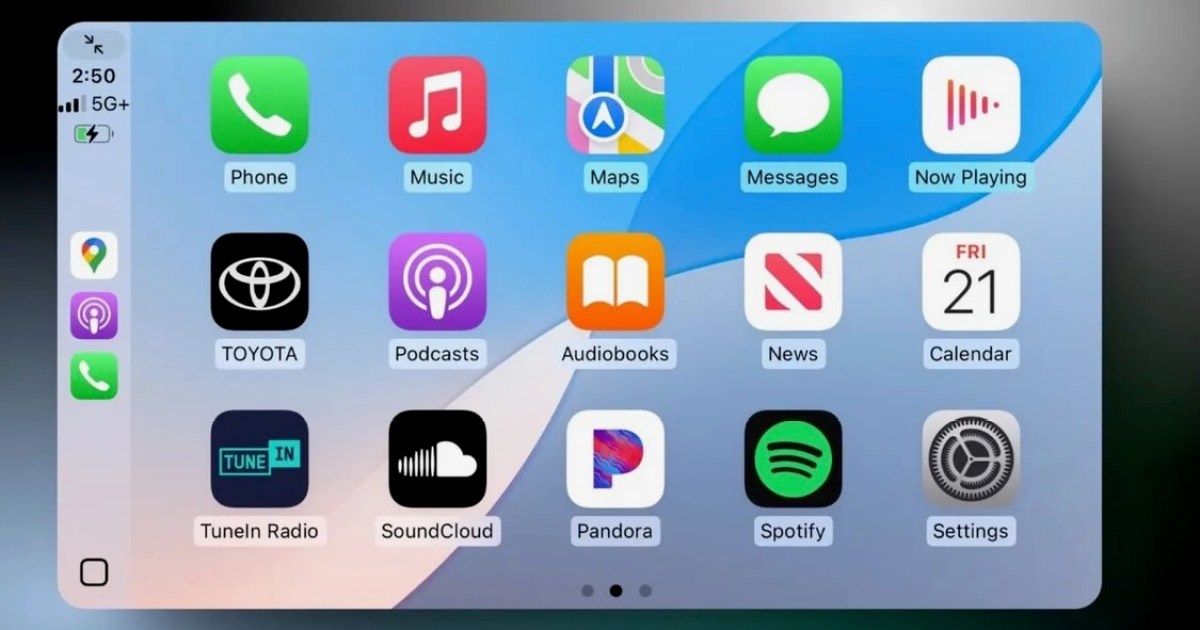
The Nvidia RTX 5080 Laptop GPU is about to make the flagship model obsolete.
The laptop version of the RTX 5080 has been evaluated, and the results are remarkably close to those of the RTX 5090.
Nvidia is known for offering some of the most powerful graphics cards in the laptop market. Recently, the performance of the RTX 5080 for laptops has been evaluated and found to surprisingly approach that of the RTX 5090. This raises the question of whether it is really worth choosing a laptop with the RTX 5090 or if the RTX 5080 represents a more sensible option.
Notebookcheck conducted direct comparisons between both GPUs under optimal conditions, using two versions of the same laptop, paired with AMD's Ryzen 9 9955HX CPU. This setup avoids many of the variations that often affect comparative testing, providing a clear view of the performance of each card. In this case, the Schenker Neo 16 A25 laptop was used, one with the RTX 5080 and the other with the more advanced RTX 5090.
It is worth noting that while there are significant differences in technical specifications, with the RTX 5090 having 10,496 CUDA cores and 24 GB of GDDR7 RAM compared to the 7,680 cores and 16 GB of VRAM of the RTX 5080, both GPUs share a TGP of 150 watts, which can increase to 175W with Dynamic Boost. Despite this, the RTX 5080 is only about 10% to 15% slower than the RTX 5090 in gaming, which, while notable, isn’t going to dramatically transform the gaming experience.
Furthermore, it was observed that the RTX 5090 for laptops turns out to be more than 50% slower than its desktop counterpart, which was expected due to the power and thermal limitations in laptops. This highlights the importance of analyzing the actual performance of the available models before making a purchase, especially considering that prices can influence the decision to choose a laptop with the RTX 5080 over one with the RTX 5090.
On the other hand, in another evaluation conducted, it was reported that during the testing of the RTX 5090 and RTX 5080, issues related to overheating power cables arose. Although this failure was initially attributed to the new cards, a more detailed investigation revealed that the problem originated from an old RTX 4090 Founders Edition. This suggests that the new cards may not be the cause of these issues, although the industry remains under rigorous scrutiny regarding the reliability of the power connectors used.



